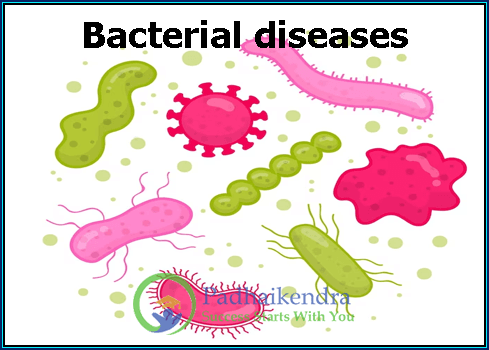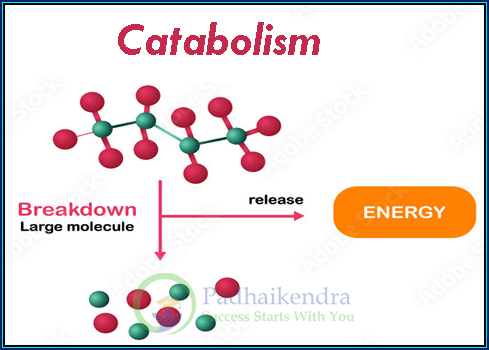Muscles are important for a wide range of functions in the body, including:
- Movement: Muscles are responsible for moving the body and its parts, including the arms, legs, fingers, and toes. Skeletal muscles work in pairs, with one muscle contracting (shortening) while the other relaxes (lengthens) to produce movement.
- Posture: Muscles also help to maintain posture and keep the body in a stable position. The muscles of the back, abdomen, and pelvis are particularly important for maintaining proper posture.
- Breathing: The muscles of the diaphragm and ribcage are responsible for breathing, contracting and relaxing to expand and contract the lungs.
- Circulation: The cardiac muscle of the heart is responsible for pumping blood throughout the body, while smooth muscles in the walls of blood vessels help to regulate blood flow.
- Digestion: Smooth muscles in the walls of the digestive tract are responsible for moving food through the digestive system, while skeletal muscles in the mouth, tongue, and throat help to chew and swallow food.
- Urination: Smooth muscles in the walls of the bladder and urethra help to control the flow of urine and expel it from the body.
- Heat production: Muscles produce heat as a byproduct of their activity, helping to maintain body temperature.
In summary, muscles are responsible for a wide range of functions in the body, including movement, posture, breathing, circulation, digestion, urination, and heat production. Each type of muscle has a unique structure and function that is adapted to its specific role in the body.





